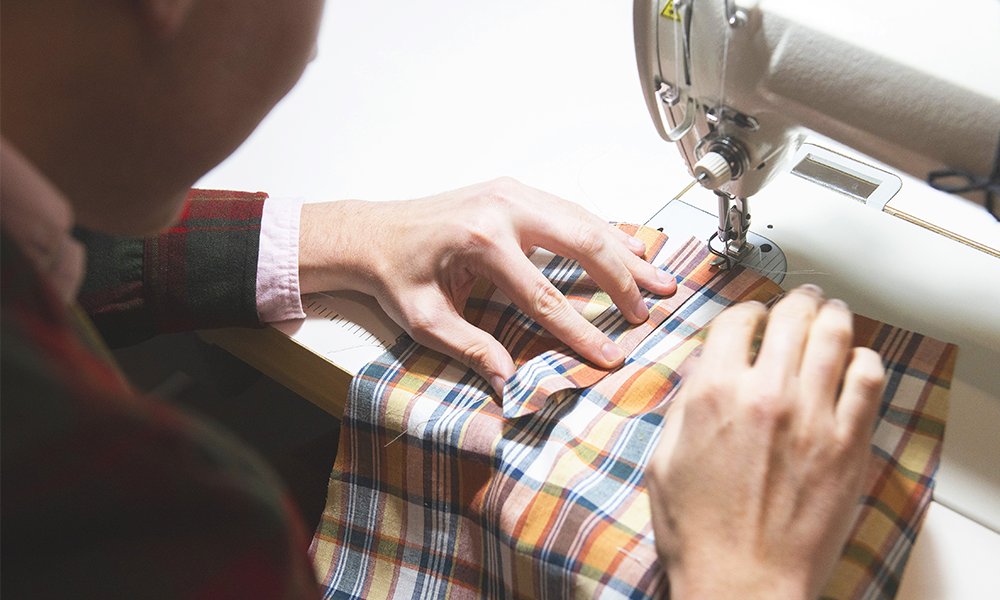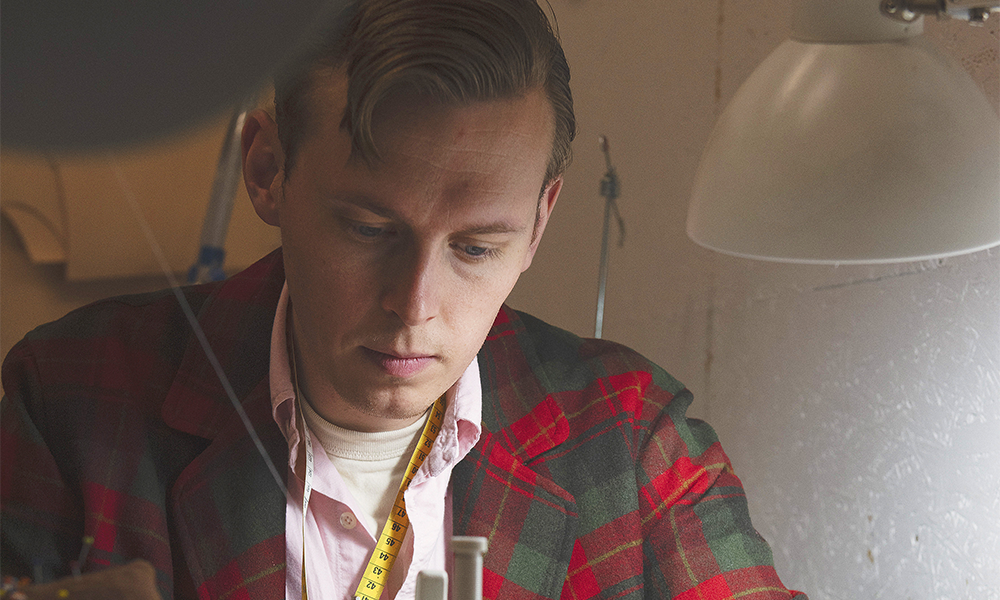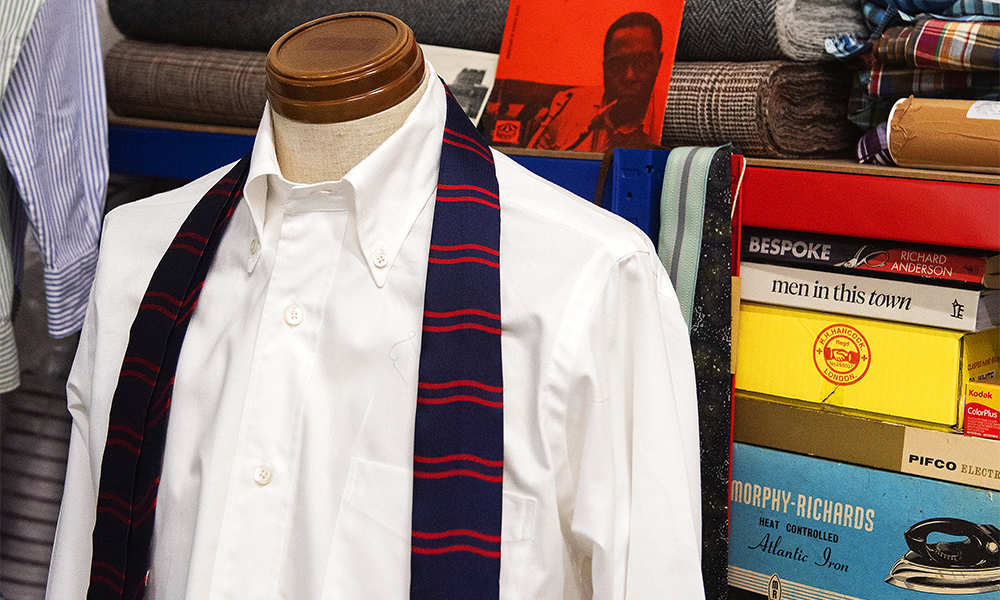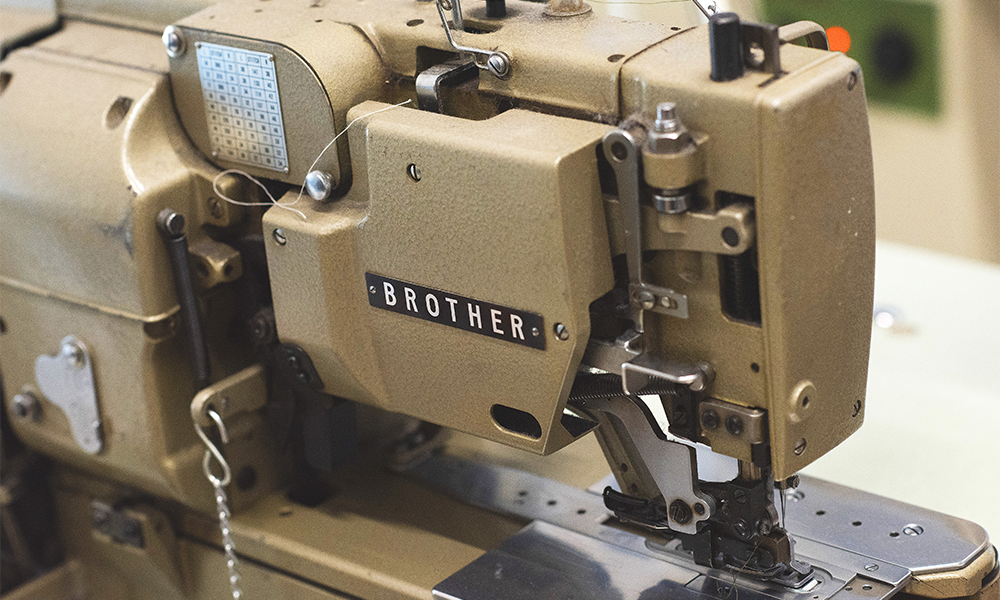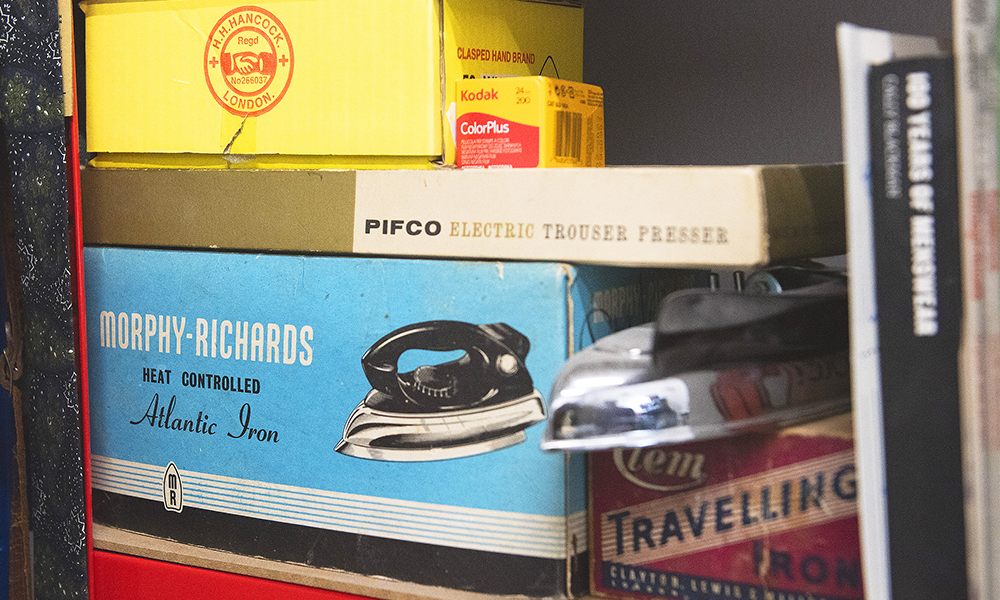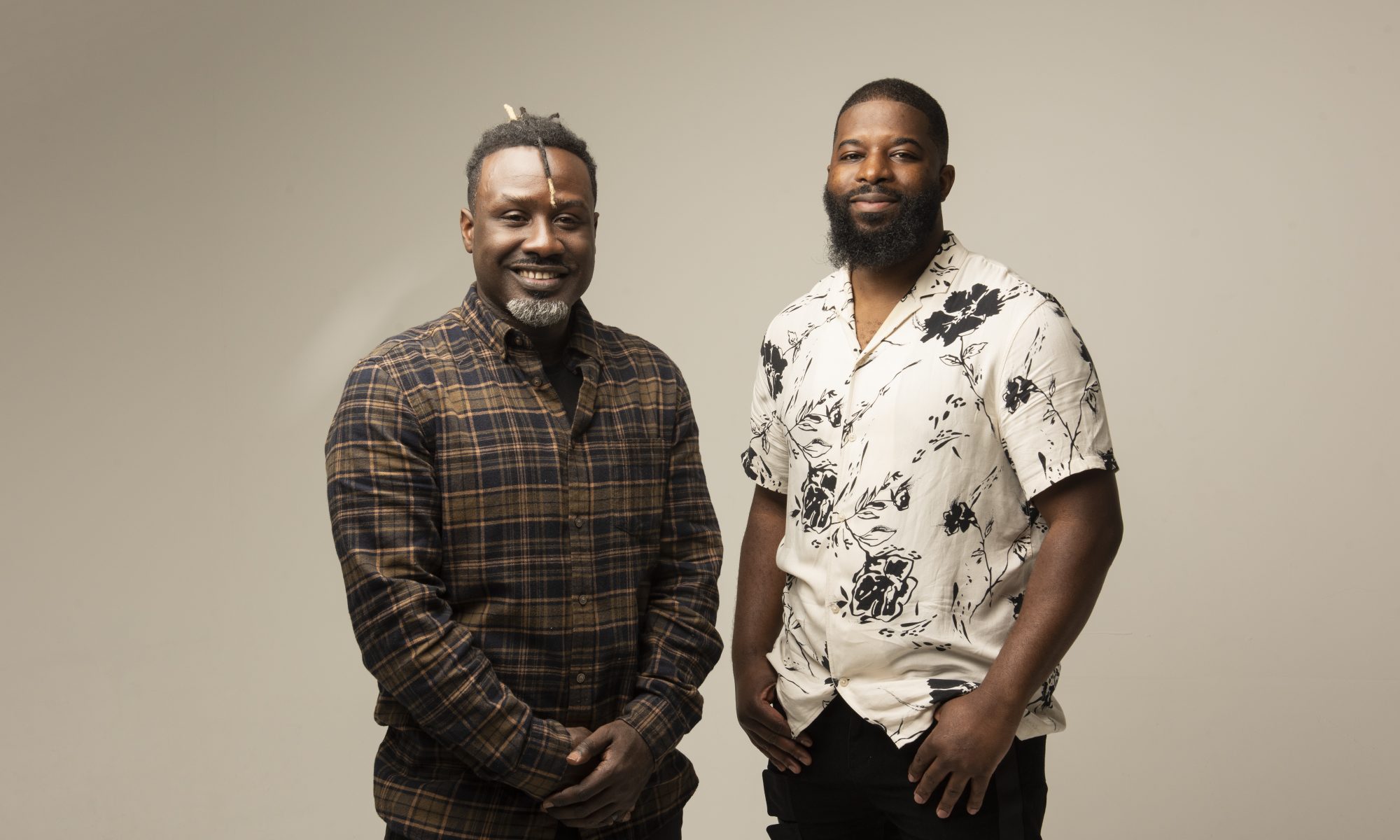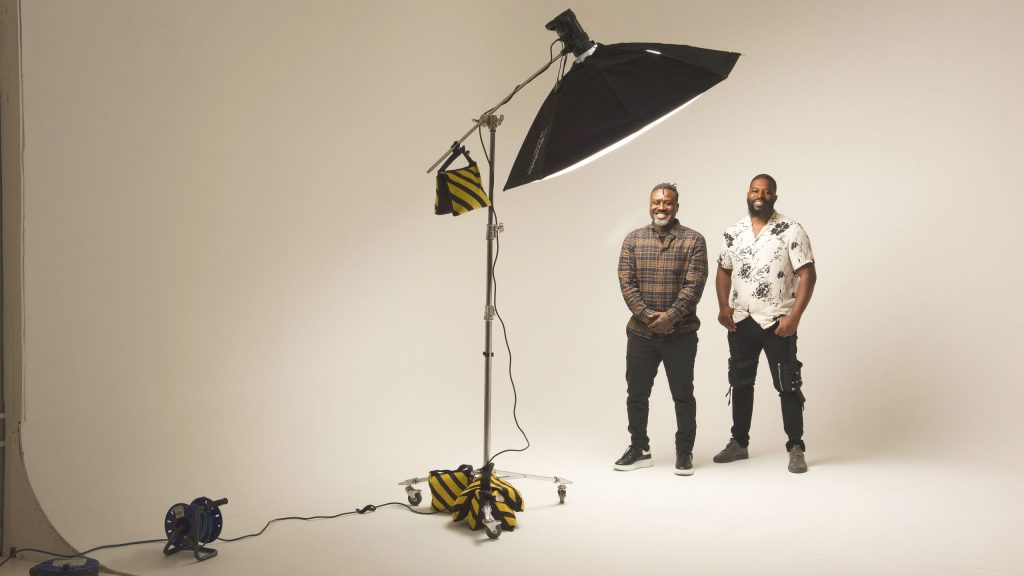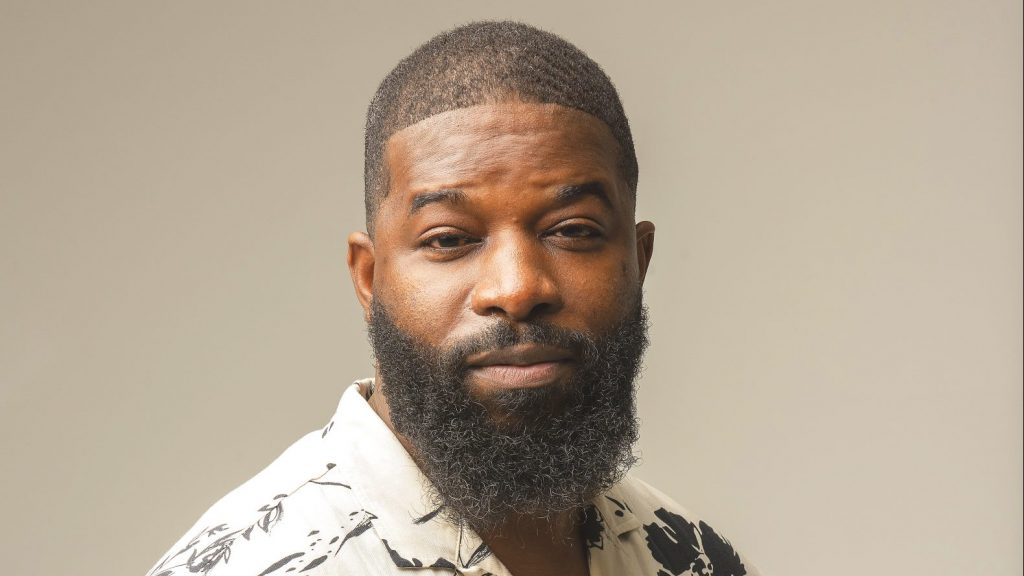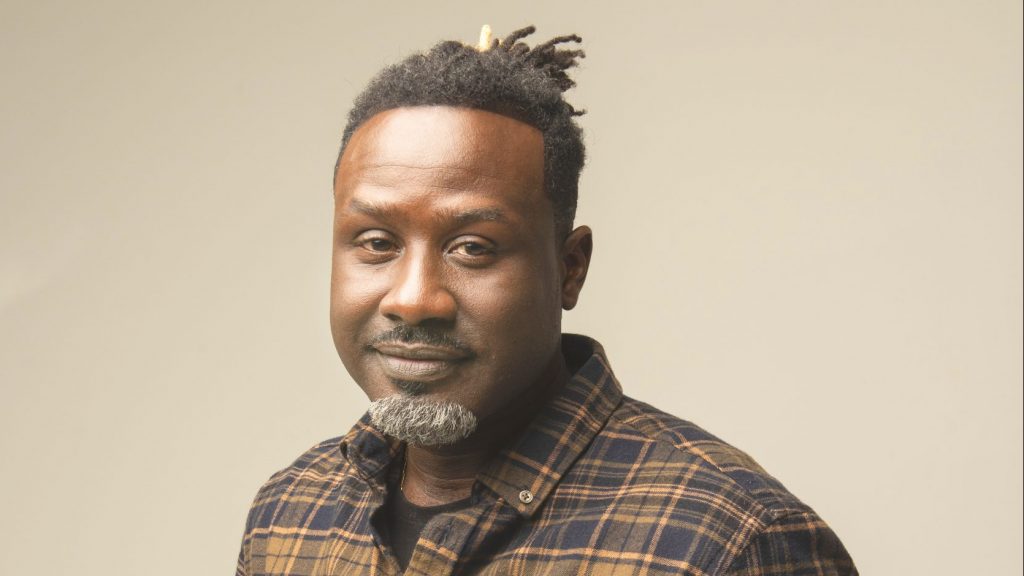Based at The Factory, the firm makes sourdough loaves and sweet pastries beside Tate & Lyle
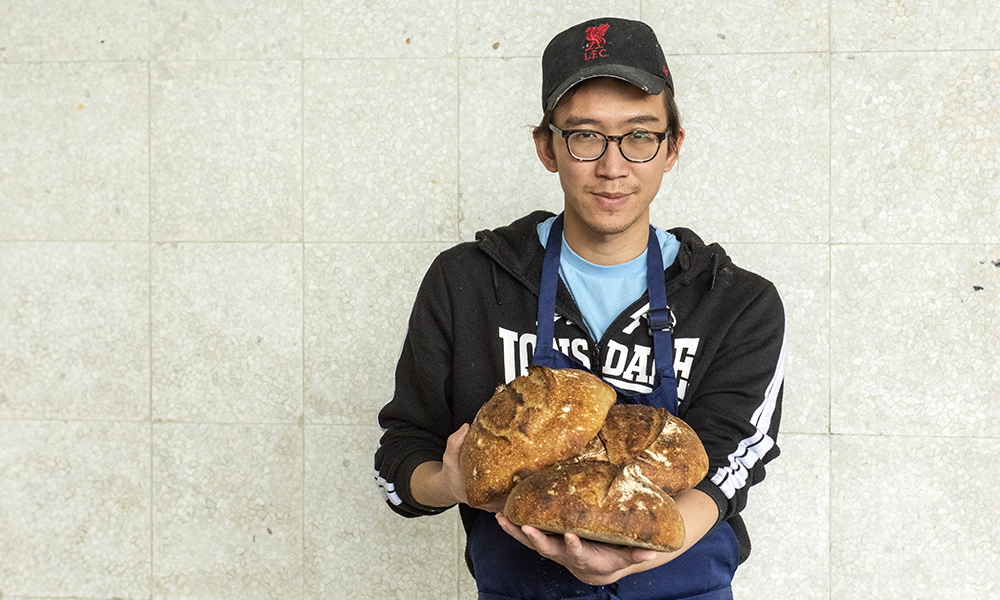
Subscribe to Wharf Life’s weekly newsletter here
BY LAURA ENFIELD
Near the end of our interview, Jon Wong throws me a curveball.
I’ve been enjoying the wholesome tale of how he rose to become Royal Dock’s premier bread maker.
A former fine-dining chef, he turned to sourdough during lockdown, making it from his microbakery using bags of pesticide-free flour, a heap of culinary talent and a pinch of his Chinese heritage.
He sells his bread in person from The Factory – a scheme by Projekt to regenerate a disused Tate & Lyle warehouse in Royal Docks.
It all sounds very hearty. But then I ask why he named the business Breadmeister?
“It came from American Pie’s Stifmeister,” said Jon. “He’s sort of awful, but I wanted something playful, and it kind of matches me because I like to try new things and push the envelope.”
Jon is referring to the fact that alongside traditional loaves he also sells a range of sourdough croissants, pastries and Hong Kong buns inspired by his childhood.
Unlike the business’ brash and flippant namesake, everything Jon does is the result of hours of care and hard graft.
“If there’s one word to describe what I do it’s ‘different’ because it’s all from scratch,” he said.
“Making stuff good enough to sell takes a lot of time and effort.
“You can push the starter all the way to be really tangy and sour or hold back for a more delicate flavour.
“Everything comes with fine tuning – you won’t find this on the supermarket shelf.”
All this takes an exorbitant amount of energy, with Jon up at dawn, baking until 10am and then starting the next day’s batch.
“The dough has to be done a day before, sometimes even more, and it is quite intense,” he said.
“If I just made bread it might be easier, but as good as your loaves might be, you can only sell them for maybe £5 each.
“So for the business to work I have to have the pastries as well and they do take a lot of extra time and care.
“Now in the new premises, I have started doing simple lunches like toasties. It all adds up.”
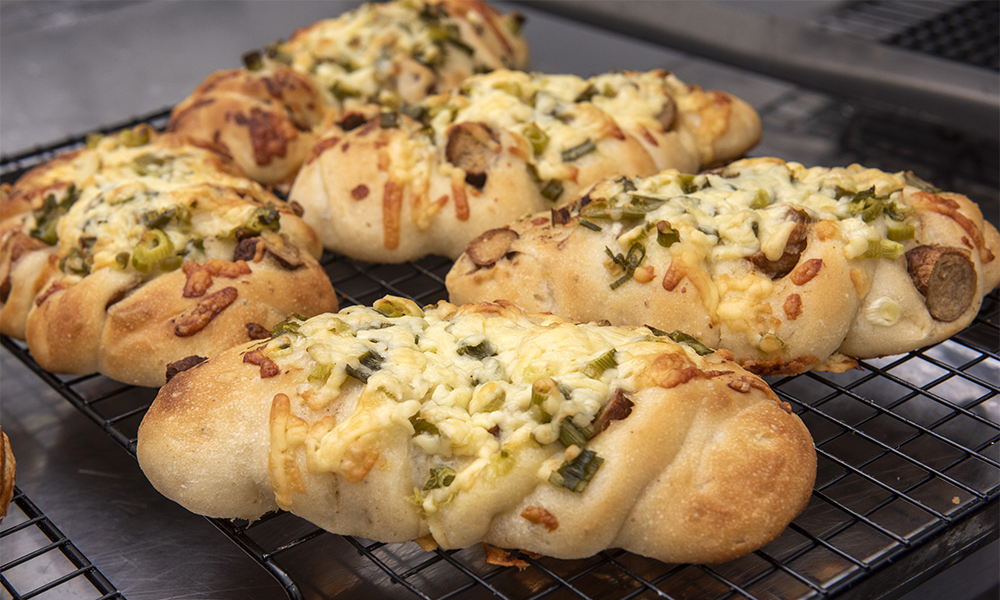
He moved the business from The Silver Building to The Factory Project last year and his bakery is open Friday 8am to 5pm and Saturday 7.30am to noon with customers able to pre-order items for collection.
He also has a stall at the street food market near the Good Hotel in Royal Victoria Docks every Saturday and has recently launched on Deliveroo on Saturdays from 7.30am to 11.30am.
He turned his oven off over Christmas but not to rest. Instead, he took a part-time job stacking shelves to support his income and is considering outside help to keep things going.
“I have invested all my savings and sacrificed my small salary for the last 18 months to bring Breadmeister to life,” he said.
“Hopefully I will be able to gain some support via crowdfunding to help the business move to the next level.”
So why choose sourdough if it is such a slog? It sort of happened by accident.
Growing up in Hong Kong, Jon loved cooking but became an English teacher.
When he got fed up with that, he moved to the UK in his 20s to make a change.
“When I came over it felt like I didn’t have the same burden,” said the 35-year-old. “You can be anyone here and no-one is going to say: ‘Jon you are not allowed’.
“No-one is will judge you, so you can decide who the person you want to be is and what you want to look like.
“Everything is open, which is quite different from where I grew up.
“There you had to do things in certain ways because of the Asian expectation thing. People prioritise white-collar jobs.”
He was free to fully embrace his love of cooking, landing a job in French fine dining restaurant Les 110 de Taillevent in Cavendish Square, learning top techniques and having his first taste of sourdough.
“I remember the holes,” he said. “Supermarket bread is always uniform, but sourdough is like a weird sponge.
“When you bite into it, it has more of a chew and is somehow more flavourful. I felt it was almost otherworldly.”
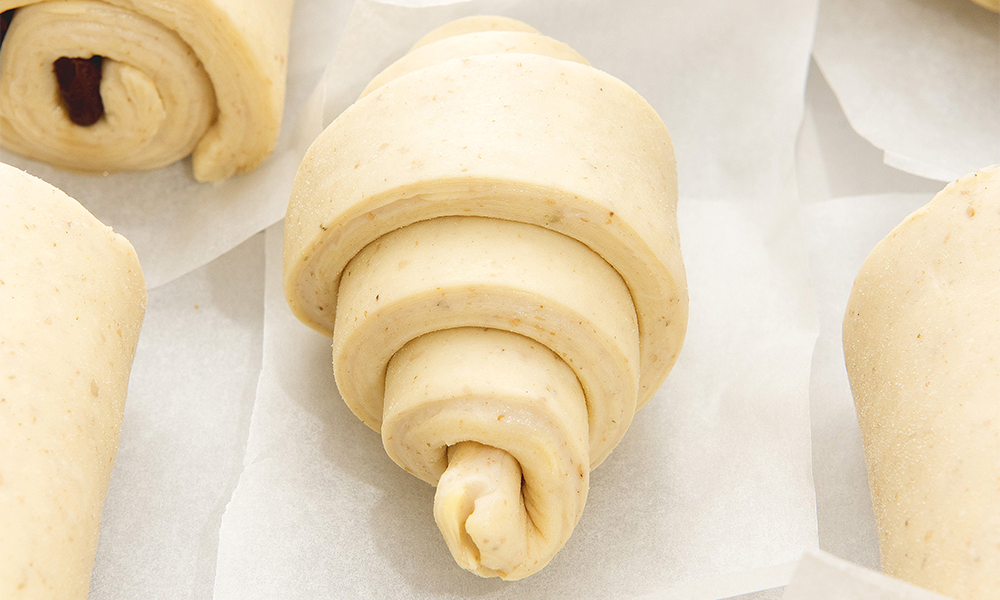
He started baking bread to save money – with an eye on making it for his own restaurant someday.
But when lockdown hit, along with many others in the hospitality industry, he found himself suddenly unemployed and looking to earn a living from home.
“I started selling bread out of a bit of desperation and boredom,” said the Canning Town resident.
“I had tried to start a food business, but it didn’t go very far because I realised I couldn’t afford to get a pitch, which was a bit depressing. I felt a bit helpless.
“I noticed other people starting to sell food from home and knew I could do that.
“I put some ideas online but it was only when I put some bread on that I got loads of responses.
“I realised it was something people actually needed and there wasn’t anything similar nearby.”
Sales went quickly beyond his expectations and he was working six days a week, which gave him a massive lift.
But working from his shared flat was a problem and made it difficult to get a food hygiene rating and insurance.
Then he found The Silver Building – Projekt’s first foray into Royal Docks. Opened in 2017, it saw the former Carlsberg Tetley HQ temporarily reimagined as a series of creative workspaces and now houses the likes of fashion designer Craig Green, photography studio Silverspace and tailor Jake’s Of London.
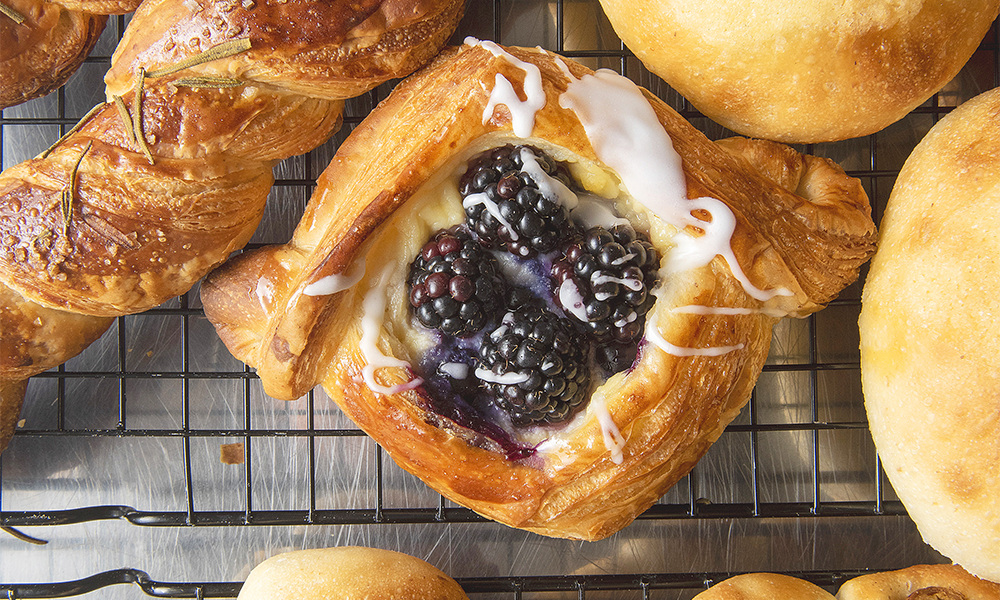
“The director was really interested in my idea, so I brought him some samples and he offered me a little shared kitchen space,” said Jon.
“I happily took it on and it took off from there.
“At first I was still delivering, but I soon realised my time could be better used to make more products and attract people in because that area has a lot of apartments.
“In a way, that beginning was the easy part because it was spontaneous and there wasn’t any pressure to make my living out of it.
“I made bread because it just tasted nice and felt good. Then it progressed naturally.
“That’s the whole sourdough thing – you let things grow naturally and then see how they go.”
A year later Projekt offered him a more permanent space at The Factory’s reception area next to the bar and cafe.
“That was amazing for me and for them because they have funding from the GLA, so need to have community value to what they do,” said Jon.
Since then he has hired an apprentice who works for him six hours a day, but it is still a hard slog with Jon working from 5am to 7pm.
He said: “It still feels tight with the things that need to be done, but that’s part of the game I guess.”
He sells his sourdough loaves for £5, croissants for £2.50 plain or £3.50 filled and other items such as Nutella pastries, rosemary twists and tomato and olive focaccia.
His real speciality is Hong Kong buns costing £1.70-£2.30, which he describes as “soft, fluffy and a little bit sweet with a sugar cookie crust.”
In order to make them, he has had to contend with the rising cost of electricity and ingredients, with the butter he uses almost doubling in price during the autumn.
He has also switched to a more expensive brand of flour to try and preserve the unique flavour of his bread.
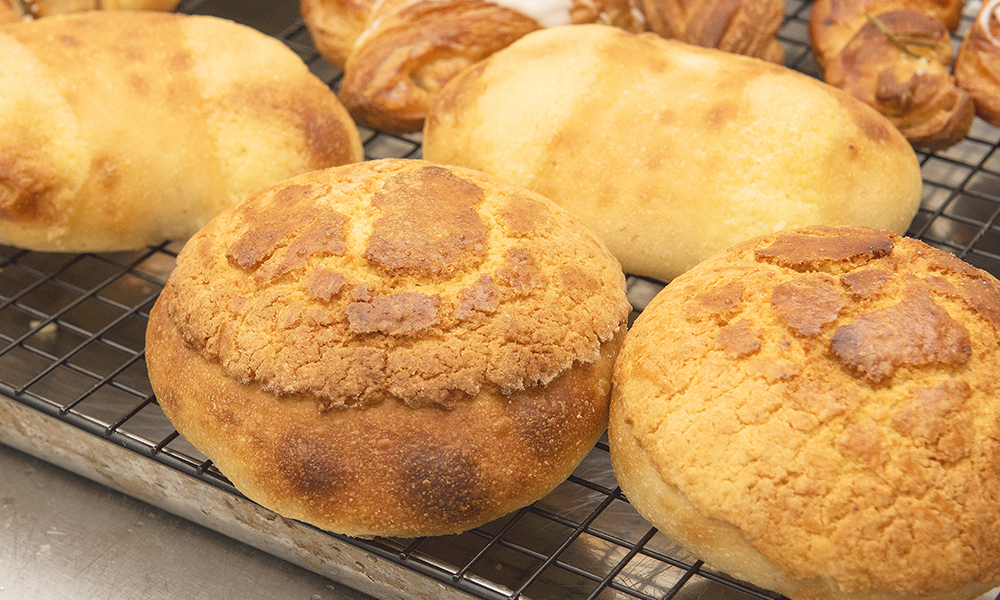
Jon now buys from Wildfarmed – a network of farmers who produce flour while trying to protect the planet.
“I used to order organic flour from a major brand, but the flavour seemed to have become blander,” said Jon.
“What’s special about Wildfarmed is it has a regenerative ethos about how they work the land with minimal disturbance and no artificial fertiliser or pesticides.
“It costs more but, if you are making sourdough, it is worth it because it really affects the quality of the end product.”
He has fired up his oven again for the start of 2023 and is hoping after a difficult few months Breadmeister will continue to grow and prove to be the right choice.
“As a chef, I would work set hours for a set amount and then go to sleep and forget about it,” he said.
“But then you don’t get to question why you are doing this and that – even if you think you can do things better.
“With this, the money might not be as predictable and you might not have the choice of only working six hours a day – but with this risk I’ve taken, the satisfying thing is when people come to get your stuff instead of going somewhere more convenient.
“It makes me feel it’s worth it.”
Read more: Discover Bread And Macaroon at Wapping Docklands Market
Read Wharf Life’s e-edition here
Subscribe to Wharf Life’s weekly newsletter here
- Laura Enfield is a regular contributor to Wharf Life, writing about a wide range of subjects across Docklands and east London



